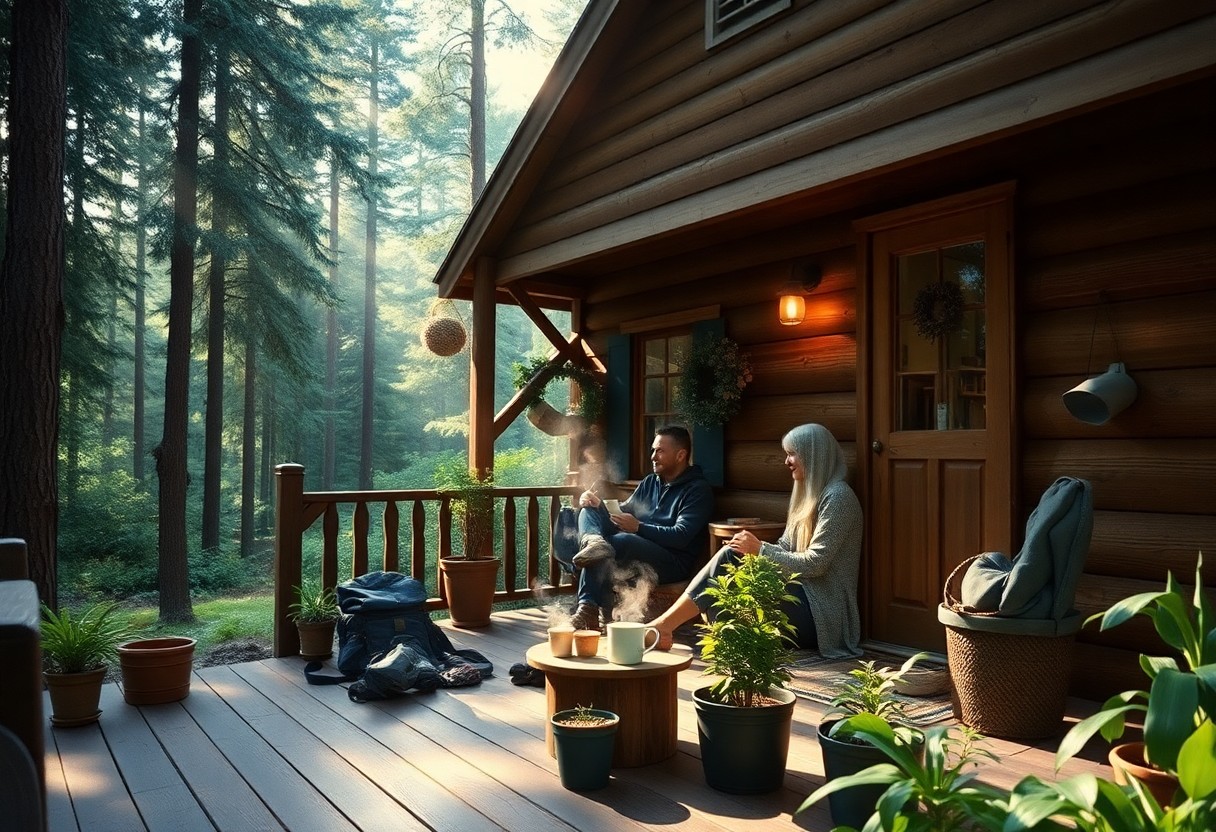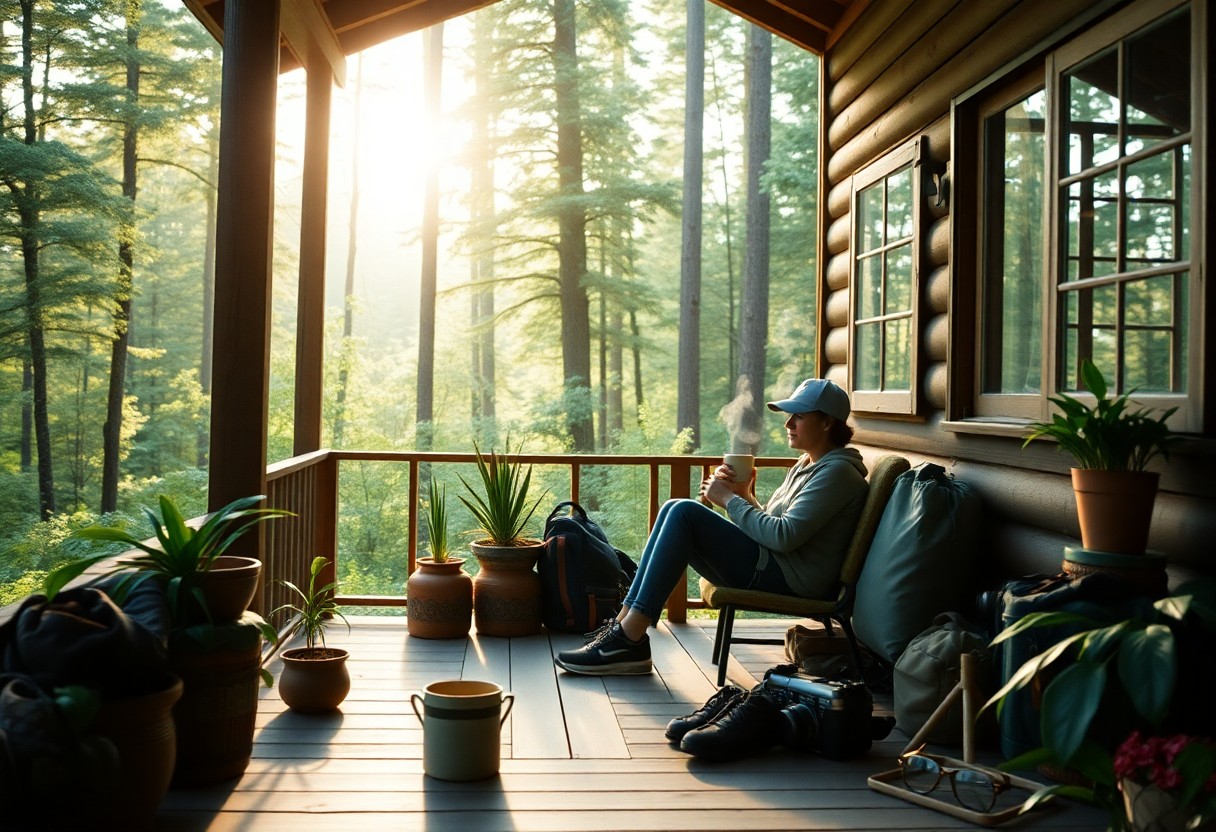You need to prioritise your recovery after an exhausting tour to ensure your well-being. Fatigue, both physical and mental, can take a severe toll on your body, making it necessary to implement a well-structured recovery routine. This process involves not only resting and allowing your muscles to heal but also focusing on nutrition, hydration, and mindfulness practices. By understanding what effective recovery looks like, you can return to your normal routine feeling rejuvenated and ready to tackle new challenges.
The Physical Toll of Touring
Touring can wreak havoc on your body, leaving you physically drained and susceptible to various health issues. The demanding schedule, late nights, and constant travel take a significant toll on your stamina, leading to exhaustion that can linger long after the final gig. As each performance requires peak physical condition, the aftermath often feels like a battle against fatigue and muscle tension, risking long-term consequences if not addressed properly.
The Anatomy of Exhaustion
Exhaustion manifests as a complex interplay between physical depletion and emotional fatigue. You may experience symptoms such as persistent muscle soreness, increased heart rate, and a weakened immune system. As you push your limits night after night, the consequences may compound, leading to a heightened sense of sluggishness and mental fog. Understanding the anatomy of this exhaustion is key to commenceing on a successful recovery journey.
Recognising Signs of Burnout
Burnout often creeps in unnoticed, disguised behind the adrenaline of performance. Signs to look out for include chronic fatigue, changes in sleep patterns, decreased motivation, and irritability. You might also find that joy in music begins to fade, replaced by overwhelming stress and frustration. These indicators shouldn’t be ignored, as they can signal a deeper need for rest and reflection before serious mental and physical health issues arise.
Recognising signs of burnout is about tuning into your body and mind’s subtle cues. If you find yourself struggling to get through rehearsals or feeling increasingly detached from the music and your bandmates, it’s time to evaluate your state. The World Health Organisation characterises burnout as an occupational phenomenon resulting from chronic workplace stress, which means that you may be at risk if your touring lifestyle consistently overshadows your personal well-being. Prioritising self-care becomes crucial, enabling you to reconnect with your passion and ensure longevity in your career.
Mind Over Matter: Mental Rejuvenation
Mental recovery is just as significant as physical healing after a tour. You might find yourself grappling with feelings of disconnection or anxiety following extended periods of performance. Engaging in activities that nurture your mental wellness can help you regain focus and clarity, paving the way for a smoother transition back to everyday life.
The Role of Mindfulness Practices
Mindfulness practices offer invaluable tools for stress reduction and emotional grounding. Techniques such as meditation, deep breathing exercises, and yoga can provide immense benefits, enabling you to centre yourself and cultivate a sense of calm amidst the chaos of post-tour life.
Creative Outlets for Stress Relief
Exploring creative outlets can serve as a powerful means of alleviating stress. Activities like painting, writing, or playing an instrument not only allow you to express your emotions but also foster a sense of fulfilment and joy. Engaging in any form of artistic expression can naturally shift your focus, providing an escape and a productive method for channeling residual tour energy.
Consider setting aside time to investigate into your creative passions. For example, dedicating a few hours a week to write in a journal or experiment with new musical compositions can significantly boost your mood and mental well-being. Participating in workshops or joining local art communities can further enhance this experience, allowing you to connect with others and share your journey. The cathartic nature of creating art often results in emotional clarity, enabling you to process the whirlwind of experiences encountered on tour.
Nutrition: Fuel for Recovery
Your body’s recovery hinges significantly on the nutrients you consume after a demanding tour. Ensuring you’re eating a balanced diet that includes proteins for muscle repair, carbohydrates for replenishing energy stores, and healthy fats to support overall recovery will accelerate your healing process. Focus on whole foods like lean meats, whole grains, fruits, and vegetables to provide the optimal fuel your body needs to bounce back.
Replenishing Lost Nutrients
After a tour, your body often experiences a depletion of important nutrients. Consuming food rich in vitamins and minerals is key to replenishing these losses. Food items like bananas for potassium, leafy greens for iron, and nuts for magnesium will aid in restoring electrolyte balance and overall health. A well-rounded diet will facilitate quicker recovery times and prepare you for your next endeavour.
Hydration Strategies for Optimal Recovery
Staying hydrated is vital for effective recovery after strenuous performances. Hydration not only aids in flushing out toxins but also in improving muscle function and reducing soreness. Aim to consume at least two to three litres of fluids daily, adjusting based on activity level and climate. Incorporating electrolyte-rich beverages can further enhance your rehydration process, helping you bounce back with ease.
Incorporating electrolyte drinks infused with sodium, potassium, and magnesium into your post-tour hydration strategy can help expedite recovery. The right balance of these electrolytes supports fluid retention and muscle function, which are crucial after losing significant amounts of sweat during performances. Monitoring your hydration levels by observing the colour of your urine can also serve as a simple indicator—aim for a light yellow shade to signify adequate hydration.
Rest and Recreation: Benefits of Downtime
The benefits of taking time for rest and recreation cannot be overstated; immersing yourself in leisure activities after a tour allows your mind and body to recuperate. Engaging in fun and relaxing pursuits not only reduces stress but also fosters creativity and improves overall mental health. Balancing periods of intense activity with dedicated downtime is imperative for maintaining your passion for your craft and avoiding burnout.
Importance of Quality Sleep
Quality sleep plays a pivotal role in your recovery, helping to repair and rejuvenate your body. During deep sleep, your body releases growth hormones vital for muscle repair and recovery. Strive for at least 7 to 9 hours of uninterrupted rest to ensure your mind can process the experiences of touring while your body heals optimally.
Exploring New Hobbies for Balance
Diving into new hobbies can offer a valuable escape from the rigours of touring. Whether it’s painting, gardening, or learning a new instrument, these activities provide a sense of fulfilment beyond your usual routine. Engaging your mind and body in fresh pursuits not only enhances your well-being but also fosters a deeper sense of identity outside of your touring lifestyle.
Exploring new hobbies can reinvigorate your passion for life, helping you discover aspects of yourself that may have been overshadowed by your hectic schedule. Activities such as learning to cook, taking up photography, or even joining a local sports team can bring unexpected joy and perspective. Many artists have reported that stepping away from their primary craft to explore other interests has led to increased creativity and inspiration in their work. By nurturing various passions, you create a more balanced, enriching life that enhances your artistic journey.

Reconnecting with Your Roots
After an extended period away, reconnecting with your roots is an important step towards recovery, allowing you to ground yourself in familiar territory. This process fosters a sense of belonging and can significantly enhance your emotional well-being. Engaging with your past experiences, family traditions, and personal interests can reignite passions and provide clarity, setting the stage for your next creative endeavour.
Cultivating Relationships Post-Tour
Post-tour, nurturing your relationships is vital for emotional recuperation. Establishing time for friends and family strengthens bonds that may have thinned during your travels. Even simple catch-ups over coffee can be revitalising, reminding you of the support system that exists beyond the spotlight.
Engaging with Your Local Community
Connecting with your local community enriches your recovery by fostering a sense of belonging. Attending local events, volunteering, or simply exploring neighbourhood activities can boost your mood and provide inspiration. Such engagements not only cultivate relationships but also re-establish your connection to the hometown vibe that’s often lost during tours.
Research indicates that active participation in local community events can directly enhance your mental health and overall sense of satisfaction. For example, volunteering at a community centre not only helps those in need but allows you to meet others with similar interests. Whether it’s participating in a local art show or joining a sports team, these activities create a support network that reminds you of the values central to your identity and artistry. Such connections can fuel your creativity, inspiring fresh perspectives and ideas for future projects.
To wrap up
Hence, recharging after a tour involves understanding your body’s needs and prioritising rest, nutrition, and gentle movement. Incorporating practices such as adequate sleep, hydration, and mindful activities can significantly enhance your recovery process. By listening to your body and giving yourself the time to recuperate, you can ensure that you return to full strength, ready to embrace new challenges and experiences. A well-planned recovery strategy will not only aid your physical well-being but also support your mental resilience as you navigate future tours.
